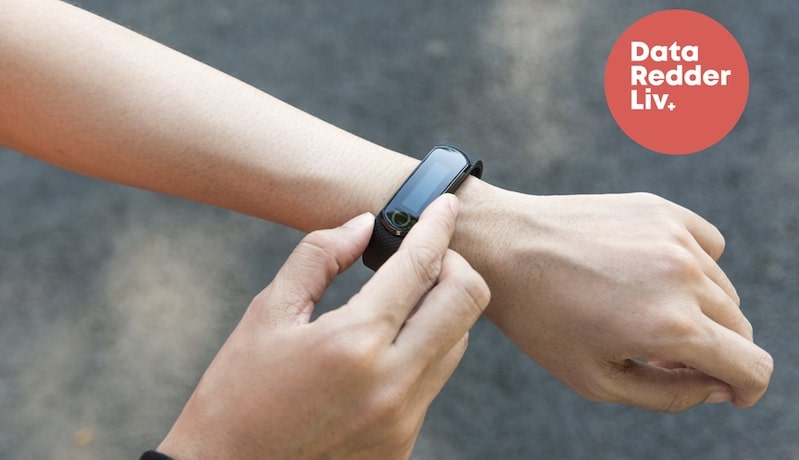Citizen-made data has the potential to ease the pressure in the healthcare system

The future of healthcare shows more elderly and chronically ill people. A new analysis from Danish Life Science Cluster shows how citizen-made health data has the potential to relieve pressure and support the prevention area.
Citizen-made health data has an untapped potential for Danish society, according to a new analysis from Danish Life Science Cluster developed in collaboration with Deloitte and Enversion on behalf of the Danish Ministry of Industry, Business and Financial Affairs.
If the potential is realised, it can benefit both the healthcare system and the citizens. The bourgeois data can ease the increasing pressure on the health sector, and for citizens, the use of citizen data can, for example, ensure more security and empowerment.
Citizen-generated health data is data that, among other things, is recorded on one’s smartphone, such as the number of steps per day or heart rate registration from a smartwatch. There are already a few projects with citizenship data, e.g. The Wound App from HealthD360, the COronaVID from CoronaLytics and the Data Donor App from the Region of Southern Denmark.
The future of Danish society offers an ageing population and a growth in lifestyle and chronic diseases. Both lead to significant pressure on the healthcare system and place greater demands on healthcare in Denmark.
But the new technologies have still not had a direct effect on the Danish public health service. According to the analysis, there is a lack of a bridge from the bourgeois data to the healthcare IT infrastructure. The amount of citizenship data is huge, and this places demands on standardization, qualification, technical integration, consents, ethics, competences and finances.
It is a new type of health data that is resource-intensive, but also provides an opportunity to learn from the existing experiences in health data.
“We need to focus on how to move forward from the potentials to building a bridge that can pave the way for the use of citizenship health data in treatment and research. In this way, we can ease the pressure on the healthcare system and support the ongoing transition towards more citizen-oriented, digital and preventive health services, CEO of Danish Life Science Cluster, Diana Arsovic Nielsen, says.
Must be owned by the citizens themselves
In addition, the contributors to the analysis unanimously point out that a public consent solution is essential to succeed.
“Citizen-made data is a new type of health data that must be owned by the citizen. Unlike traditional health data such as PROdata and medical record data, this data is collected by the citizen on his own device and initiative. It makes all the difference. This data must therefore belong to the citizen. Right now, there are only a few platforms where the citizen can pass on their data for the benefit of the community, Diana Arsovic Nielsen, says.
The citizen’s own data provide a more holistic picture of their well-being, contribute to empowerment and security, and can thus benefit both in prevention and in treatment. Health professionals can thus involve citizens to a greater extent, and citizens can feel that they can contribute to supporting their recovery on an informed basis.
One of the conclusions of the analysis is that a more coordinated use of citizenship data has the potential to open a window to the entire prevention area, as it can give health professionals a better insight into the citizen’s condition in everyday life – both before and between consultations.
Recommendation: National Health Data Programme
The analysis from Danish Life Science Cluster highlights a number of recommendations, including creating a national programme for citizen-made health data that sets the framework for national work in the short and long term.
In the short term (1-2 years), 4 pilot projects are to be prepared and in the longer term work is to continue within the existing framework and a number of prerequisite initiatives are matured.
